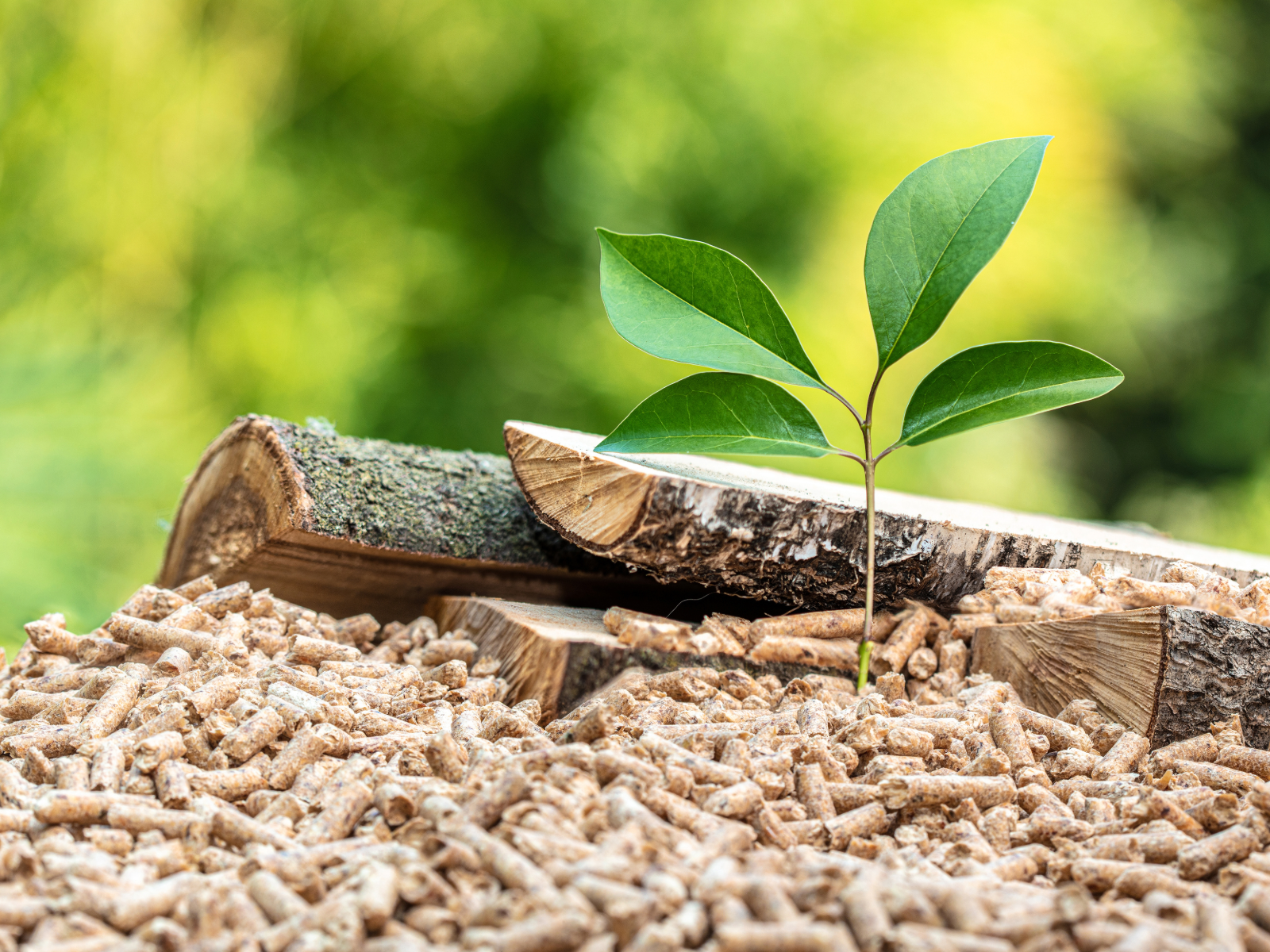You may have heard the term biomass before, but what is biomass? What does it do and what is it used for?
Biomass consists of living or recently living organisms and is used as a source of energy in both commercial and domestic environments.
The term ‘Biomass’ often refers to, but is not limited to, plants or plant-based materials which are not used for food or feed, such as wood, algae or bamboo.
Biomass can be used as a fuel in a number of different ways but it is commonly used directly in combustion, much like coal or it is converted into ‘Biofuels’, such as biodiesel or biogas.
As Biomass is made from living material, this source of fuel will never run out and is therefore considered a renewable energy source.
Biomass fuels store energy from the sun through photosynthesis, ready to be released as heat energy in the process of combustion or broken down into different energy containing compounds.
As biomass is growing, Chlorophyll absorbs both water and carbon dioxide from the environment to create oxygen and energy and because of this, the fuel is argued to be carbon neutral. This is because burning Biomass is simply returning the previously absorbed carbon back into the atmosphere and not adding to it in the way that fossil fuels do.
At Eco Sustainable Solutions, we manufacture and supply 3 main fuel types by recycling waste wood and green waste. We produce A Grade wood biomass that yields high energy output and is best suited for industrial boilers where a large amount of heat is required.
We also supply Green Biomass Fuel produced from separated green waste, ideal as a cost effective alternative to arb chip. Finally, we produce B and C Grade Biomass Fuel from waste wood. This fuel is suitable for use in WID compliant boilers.
